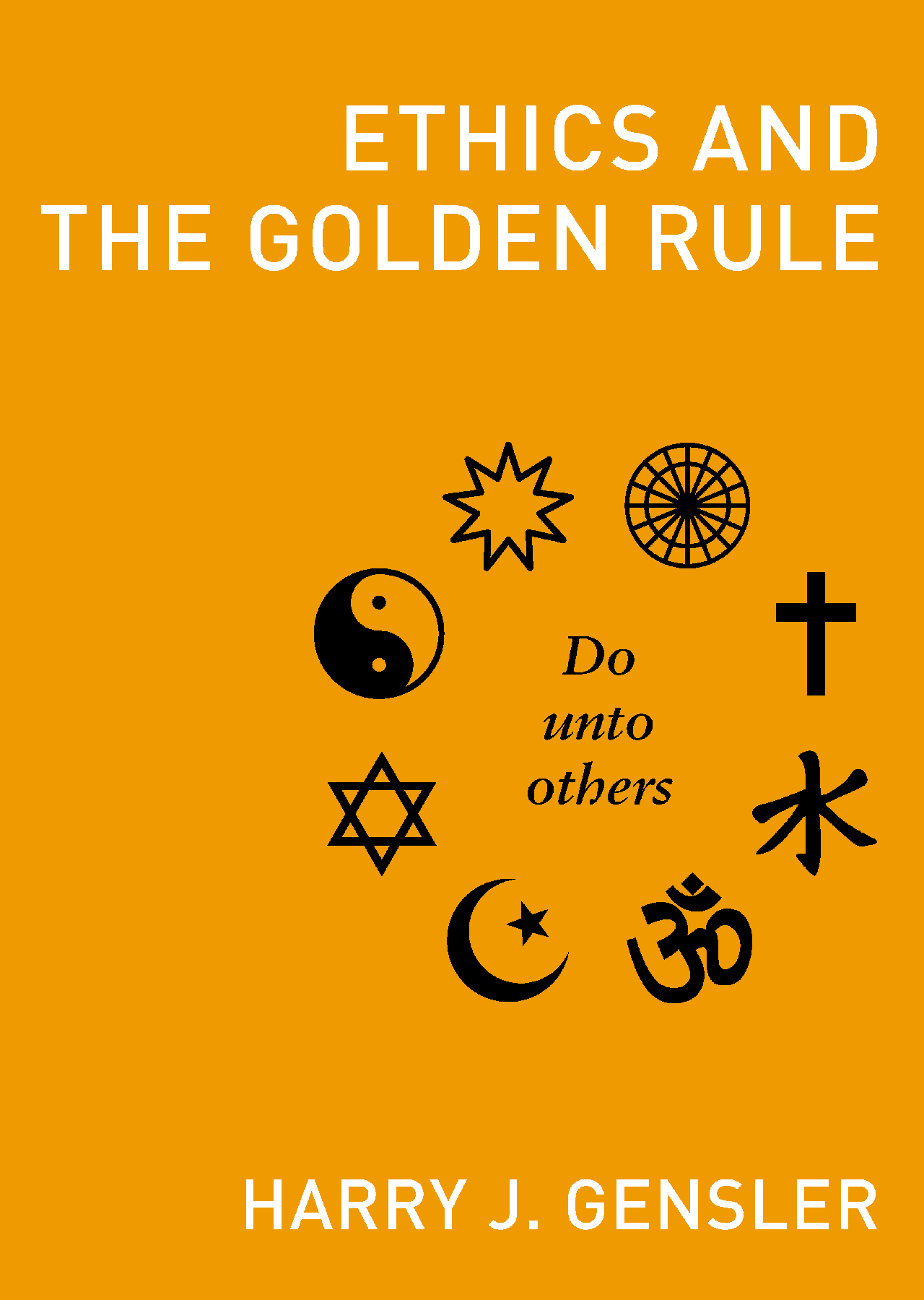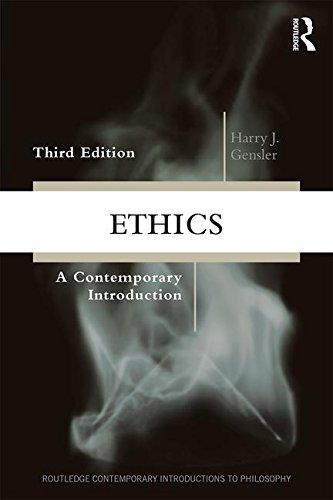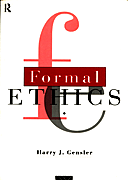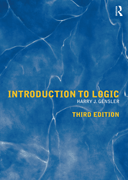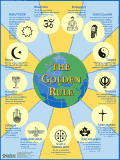The golden rule is endorsed by all the great world religions; Jesus, Hillel, and Confucius used it to summarize their ethical teachings. And for many centuries the idea has been influential among people of very diverse cultures. These facts suggest that the golden rule may be an important moral truth.
Let's consider an example of how the rule is used. President Kennedy in 1963 appealed to the golden rule in an anti-segregation speech at the time of the first black enrollment at the University of Alabama. He asked whites to consider what it would be like to be treated as second-class citizens because of skin color. Whites were to imagine themselves being black -- and being told that they couldn't vote, or go to the best public schools, or eat at most public restaurants, or sit in the front of the bus. Would whites be content to be treated that way? He was sure that they wouldn't -- and yet this is how they treated others. He said the "heart of the question is ... whether we are going to treat our fellow Americans as we want to be treated."
The golden rule is best interpreted as saying: "Treat others only as you consent to being treated in the same situation." To apply it, you'd imagine yourself on the receiving end of the action in the exact place of the other person (which includes having the other person's likes and dislikes). If you act in a given way toward another, and yet are unwilling to be treated that way in the same circumstances, then you violate the rule.
To apply the golden rule adequately, we need knowledge and imagination. We need to know what effect our actions have on the lives of others. And we need to be able to imagine ourselves, vividly and accurately, in the other person's place on the receiving end of the action. With knowledge, imagination, and the golden rule, we can progress far in our moral thinking.
The golden rule is best seen as a consistency principle. It doesn't replace regular moral norms. It isn't an infallible guide on which actions are right or wrong; it doesn't give all the answers. It only prescribes consistency -- that we not have our actions (toward another) be out of harmony with our desires (toward a reversed situation action). It tests our moral coherence. If we violate the golden rule, then we're violating the spirit of fairness and concern that lie at the heart of morality.
The golden rule, with roots in a wide range of world cultures, is well suited to be a standard that different cultures can appeal to in resolving conflicts. As the world becomes more and more a single interacting global community, the need for such a common standard is becoming more urgent.
Gensler’s
Golden Rule |
Treat others only as you consent to
being treated in the same situation. |
• I do A to another.
• I’m unwilling that if I were in the same
situation then A be done to me. |
⇐ Don’t
⇐ combine
⇐ these |
|
KITA - four elements for using the golden rule wisely |
Know: "How would my action affect others?"
Imagine: "What would it be like to have this done to
me in the same situation?"
Test for consistency: "Am I willing that if I were in the
same situation then this be done to me?"
Act toward others only as you're willing to be treated
in the same situation. |
![]() The Golden Rule
The Golden Rule
![]()

